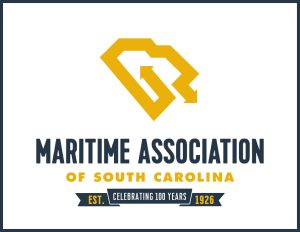NCB has joined forces with the World Wildlife Fund (WWF), in a ground-breaking not-for-profit
partnership aimed at tackling the pervasive issue of Illegal Wildlife Trade. By leveraging NCB’s
industry expertise in cargo screening, this collaboration takes a significant step forward in detecting
misdeclared and undeclared goods associated with the illegal wildlife trade.

WWF considers container shipping as the dominant method for smuggling large volumes of non-live,
non-perishable wildlife parts and products, including elephant ivory, pangolin scales, and timber.
Container shipping provides ample opportunities for illicit activities due to its vast scale, “just in
time” shipping practices, sophisticated concealment methods, and a lower likelihood of detection.
Analysis of past incidents has revealed inconsistent detection levels within ship operators’ booking
systems enabling illicit goods to go undetected. Recognizing the urgent need for technology
solutions to screen shipments for misdeclared or undeclared wildlife products, WWF has partnered
with NCB to tackle this issue head-on.
By developing an industry source for historical data from past seizures that can be integrated into a
Container Lines own internal cargo screening solution, or an industry solution such as NCB’s flagship
software, Hazcheck Detect, WWF aims to enhance the screening efficiency of bookings and
shipments. This data-driven approach will enable the detection system to accurately identify
potential illegal wildlife shipments, bolstering the detection capabilities of carriers and contributing
to the fight against illegal wildlife trade.
Ian Lennard, NCB President and CEO said “This is an exciting collaboration that brings us closer to
effectively detecting illicit goods and addressing the illegal wildlife trade.”
Nicole Wong, WWF Hong Kong CEO, lauds the inclusive approach of the project and sees the
participation of industry partners and regulatory bodies as pivotal in securing additional funding
from the WWF’s Cross-Practice Innovation Fund. She adds that “the current system and practice of
cargo screening is not enough and the shipping and maritime container industries need a shared
technology solution to effectively screen shipments. And this is what the partnership aims to
accomplish.“
WWF and NCB’s collaboration represents a crucial milestone in combating the Illegal Wildlife Trade.
By leveraging cutting-edge technology and developing standardized screening practices, this
partnership aims to safeguard endangered species and protect global biodiversity for generations to
come. The WWF-NCB alliance serves as a testament to the power of cooperation in addressing
pressing environmental challenges.

